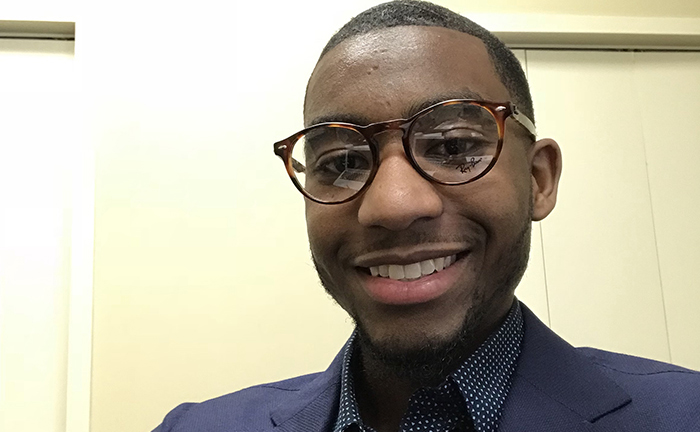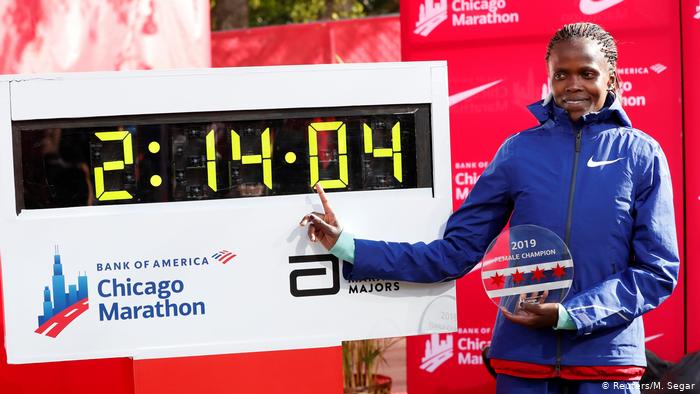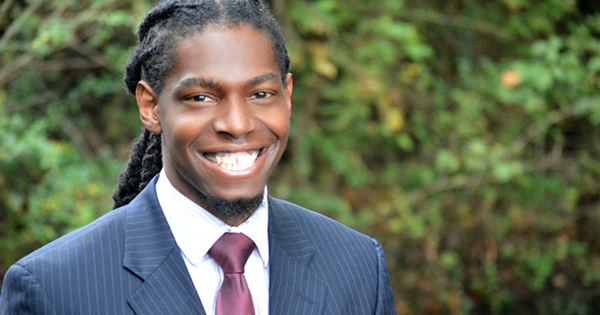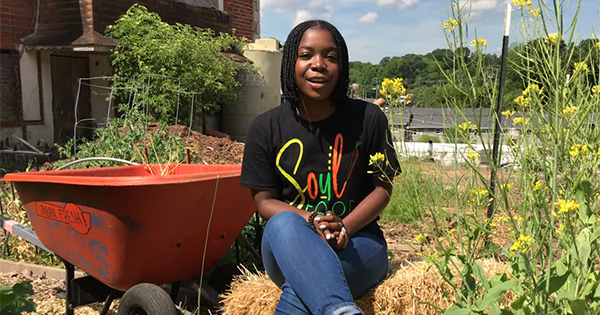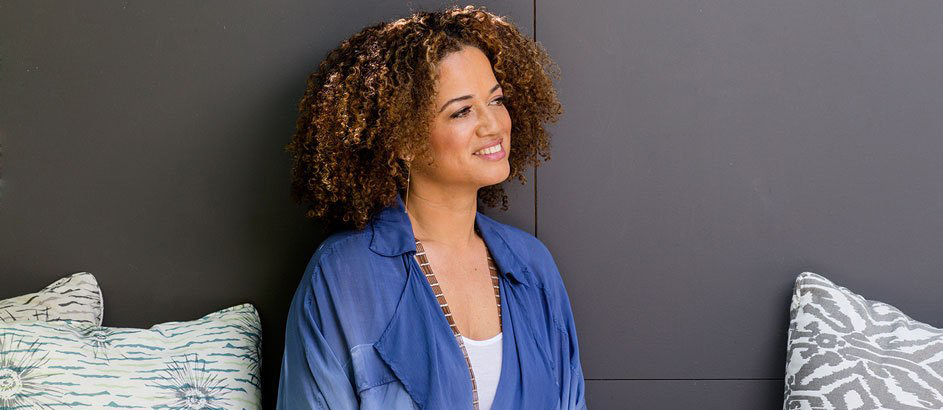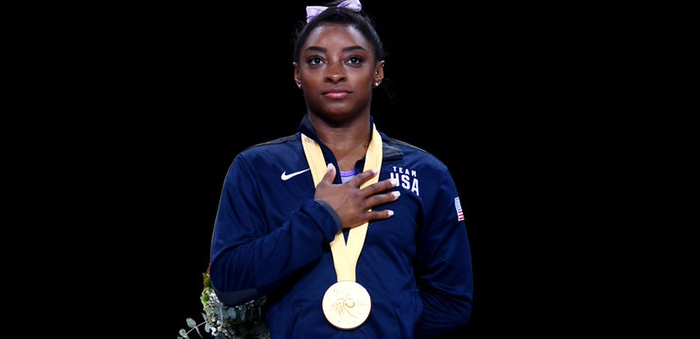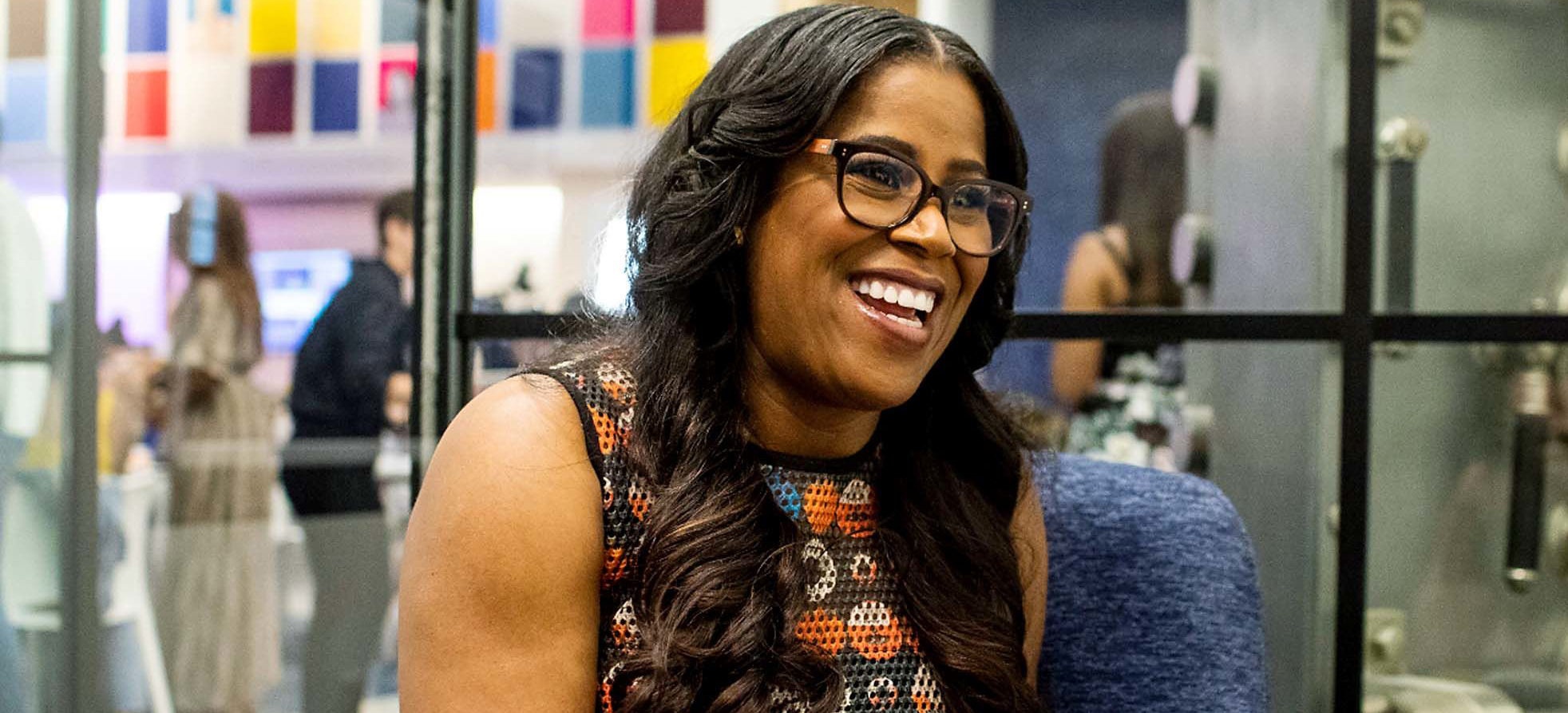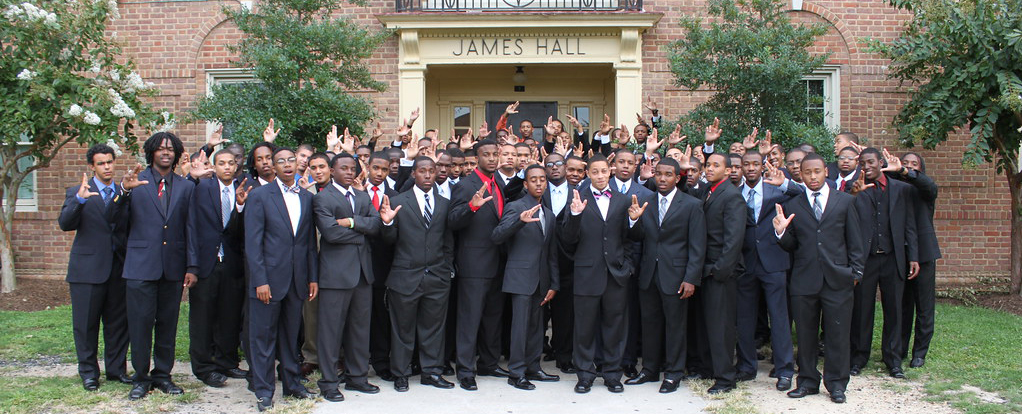It’s a Wednesday afternoon when a luxury coach bus pulls up outside JPMorgan Chase’s new Chapel Hill branch in North Carolina. The darkly tinted windows keep out prying eyes, but the throng of employees and local VIPs knows who’s arrived.
The bank’s top executives, including CEO Jamie Dimon, step out one by one for an early-August ribbon-cutting ceremony for JPMorgan’s first retail location in the state. For most of the employees waving Chase signs and banners, it’s their first meeting with the bank’s leaders, and they cheer each new arrival.
As local TV news cameras begin rolling, Gordon Smith, the chief operating officer, takes the floor to explain why they’ve come. The Chapel Hill site is the 28th branch opening in an ambitious plan to start nearly 400 JPMorgan bank centers in new markets across the country, expected to be completed by 2024. JPMorgan’s strategy is to build upon its retail connections with customers in cards, mortgages and wealth management in the Carolinas and other areas where JPMorgan branches have long been absent.
Smith’s talk is the cue for the entrance of another top executive into the branch. Perhaps coincidentally, this one happens to be a key player behind the retail growth push he is detailing.
“And as I say that, our head of retail banking. … Thasunda Duckett is now in the house!” Smith says in his clipped British accent.
Thasunda Brown Duckett walks in the door past the columns of party balloons installed for the occasion, and into a line of greeters bearing hugs and handshakes — and slightly louder cheers. A nearby advance corporate staffer observes the welcome for Duckett, JPMorgan’s chief executive for consumer banking and one of the bank’s fast-rising young executives.
“I bet she gets more applause than any of them,” the staffer says.
Duckett is one of JPMorgan Chase’s most visible and accessible executives. She is a frequent voice and face for the bank in television appearances and the news media. Known as “T” to friends and colleagues, she’s a regular visitor to the branches where most of her 48,000 employees work and 26 million households bank. At corporate events, such as branch openings or her prized financial literacy campaign (“Currency Conversations”) she helped roll out this year with Essence, Duckett is a main attraction.
For the new UNC campus-area branch (on Franklin Street, directly across the street from a rival SunTrust branch), Duckett picks up where Smith left off, further describing the bank’s mission within the new-market strategy: doing the right thing. Nearly 30% of the new branches are destined for lower-income communities of need, in areas banks have traditionally left to alternative, sometimes predatory financial services that may worsen the path out of poverty for the underbanked.
“We’re going to be opening branches across all communities. From students to low-to-moderate income, to affluent, we want to be where the community lives, works and shops,” Duckett says.
The mission strikes a chord with Duckett, who grew up in a family that faced economic hardship. She shares her story often in public settings, hoping to spark conversations on change she wants to see in her industry and to encourage successes in the communities that need more opportunity and investment.
“It aligns with my purpose in life to inspire others. It really is important when people can see the art of possibility,” Duckett says, during one of several interviews over the course of the summer for this article.
The branch expansions have turned 2019 into one of the most consequential of Duckett’s three-year tenure as the leader of JPMorgan’s retail bank services.
Announced in 2018, the new branches are meant to expand JPMorgan to places it hasn’t normally gone. That includes Anacostia, a largely low-income, African-American community in Washington, D.C. The bank also opened a branch in Camden, N.J., and in June opened the doors to a remodeled branch in Harlem. The West 125th Street location is now a site for regular seminars on household budgeting and small business.
“You don’t have to be Oprah and give away cars to be extraordinary. Ordinary people can be extraordinary.”
Duckett has traveled the country to see firsthand JPMorgan’s introduction to new communities and markets, including top 10 markets such as Boston, Philadelphia and Washington that have lacked a Chase retail presence.
Duckett is focused on filling the gaps for populations where poverty is pervasive and local needs — jobs, investment and education — are critically inadequate.
“For us, this is not an effort. This is not a nice-to-have. This is embedded in our business,” says Duckett. “For 26 million households, you have to be the bank for everyone to have that number of households to choose our bank.”
This isn’t always easy or even sometimes welcomed by residents. Banks are often viewed with distrust given their history of redlining and abandoning many inner-city neighborhoods.
Duckett is aware of the challenge.
“There is so much fear, especially in the black community when it comes to banks and other industries,” she says. “The way we earn the trust is we’ll open up our doors.”
Dan Deegan, who works in tandem with Duckett as the head of JPMorgan’s market expansion plans, salutes her for putting community needs over profits.
“She challenged us to say it’s great to be profitable and great to be successful, but being successful comes in a lot of shapes and sizes,” Deegan says. “It’s not only on the financial statement: Are you a value-add to the community or just try to make as much money as you can?”
Duckett’s undertaking includes advocacy for change on both sides of the teller window.
She is alarmed by a statistic that she regularly cites in interviews. The average net worth for single African-American women is $200 — while the average for single white women exceeds $15,000.
“We know there are structural reasons for this,” Duckett says. “We know our history, we know what was lost, we know the issues.”
“But part of the opportunity is to say that’s not who you are,” she adds. “It was not because you are not capable of building wealth.”
A primary aim for the new nationwide Currency Conversations program is to promote greater financial acumen and knowledge for communities of color — for young black women in particular. At the conversation events, which kicked off in June at JPMorgan’s Harlem branch, Duckett encourages black women to take the Currency Conversations “pledge” to save money, reduce debt, set a financial goal and, most important, spread the pledge to friends and family in the African-American community.
The goal is to gain 20,000 pledges by the end of October.
“Education is the core, but it’s how you deliver the education,” Duckett says. “It is about first relating to people. The information is out there, but most people don’t think it’s for me.”
She knows the experience, and consequences, of financial unawareness. Duckett was born and raised in a working-class family, whose breadwinner was a warehouse worker. Her father, Otis Brown, had decades earlier left Louisiana, where the Ku Klux Klan twice burned down his house, and started a family in upstate New York.
He and his wife, Rosie, struggled to raise their three children (Duckett and her two older brothers), but he found steady work driving and loading trucks for companies including Xerox. A sudden job loss forced the family into a cross-country relocation to North Texas — where they started over. They moved to an apartment in Arlington, at first using crates as makeshift furniture. There were days when there was only baking soda in the refrigerator. Lunch or dinner could be a serving of red beans, rice and spaghetti.
The Browns’ struggles did not impede Duckett’s education, a priority in her house. She went to the University of Houston, four hours south of Arlington, earning a degree in finance and marketing — which led to the start of her career in finance, at Fannie Mae in 1996.
It was while she was working at Fannie in Dallas and on her MBA through Baylor University that Duckett realized that her father’s struggles weren’t just part of the family history. They were going to be part of his future, too.
She recalls the day she asked to help her father plan his retirement, looking over his savings and projected pension and 401(k) payouts. She discovered he had spent years without establishing and adequately contributing to a 401(k) plan, because he wasn’t aware he was eligible. “He didn’t know it was for him,” she says.
“I had to tell my dad, ‘Your pension is not enough.’ ”
Duckett showed early leadership credentials while at Houston. She was the first female student regent. She gained some early acclaim by organizing a universitywide, intramural basketball tournament that brought together students from all stripes — black and white, the Greek houses, dorms, etc. — into a campuswide event.
When Duckett interviewed for an internship with Fannie’s Dallas office as an undergraduate, she quickly made an impression. She lost out to a “perfect” candidate that Fannie chose for the position, Duckett says — but Fannie decided to open up a second spot to fit her in.
After college she joined the government-sponsored enterprise, even though higher-paying offers were coming her way. “I chose Fannie Mae because I grew up in the company,” she says. “I felt like, you know what, I can bet on myself. A few extra thousand dollars long term, I believed, was not material.”
If her struggles growing up opened her eyes to the reality of poverty, her days in the associate rotations programs at Fannie gave her the foundation for understanding solutions. She worked with different constituencies, including Native American communities, to access down-payment assistance, grant and work programs that put people on the path to homeownership.
“When I think about who influences me, and I talk about this publicly, it is the janitors and the cooks and the secretaries who look like me who first entered corporate America that over time allowed me to exist. I draw a lot of inspiration from those shoulders that I’m on.”
Duckett later moved to Los Angeles, where she took on greater roles in account management and fee-guarantee negotiations with banks and investors.
Duckett loved Fannie Mae. “I totally drank the Kool-Aid; ‘The mission is our business, the business is our mission…’ I can still recite it,” she says. But Fannie is a secondary-market business; Duckett wanted a closer connection to customers.
It wasn’t until she happened to deliver a market presentation at a 2004 conference in New York that she was approached by JPMorgan executives in attendance. They asked her if she would consider joining Chase in a burgeoning area for the bank: an affordable lending/emerging market business in New Jersey. She packed up and moved East.
Duckett’s rise at JPMorgan was swift. After four years as a senior vice president in Jersey, she shifted to a regional post overseeing the bank’s home lending division.
It was during this time, getting her first experience heading a profit-and-loss center for Chase, that she faced her first hurdle — one that she herself nearly put in the way.
Duckett was six months pregnant with her second child when the offer from her boss came along. Duckett’s instinct was to pass, she says.
“The first thing out of my mouth was, ‘You know I’m pregnant, right?’ ” she said. “’You know it’s going to be a C-section and I’ll be out for three months, right?’ And they said, ‘You’re planning on coming back, right?
“I think that’s a moment, there was this vulnerability of doubt, of ‘Are you sure you want me?’ ” she says. “I’m almost giving them permission to say, well, maybe not. But I say that because the firm never blinked. In a moment where I am doubting myself, my firm, my boss, did not blink. That has stayed with me.”
Duckett took the offer and within two years was leading the bank’s mortgage division. Her rapid ascent paved the way for another big promotion in 2013, when she became head of the auto finance division.
Within three years, JPMorgan shuffled its retail business by spinning out wealth management and investment services to a new unit under former consumer banking CEO Barry Sommers. In September 2016, Duckett was named to replace Sommers. At the helm of Consumer Banking, she has helped steadily increase earnings ($32.4 million in net income in 2018, or $9.04 per share, up from $24.4 million/$6.35 EPS in 2017) and a rising return on equity (13% last year).
Smith, who first met Duckett in the mortgage bank sales force, says she “just has a passion, an intellect, and intellectual curiosity that caught my attention. I could see she was a talented businessperson and people like to follow her.”
As JPMorgan Chase retail CEO, Duckett’s initiatives have included the expansion of digital banking by adding new features to the bank’s mobile banking app, such as account opening.
But the branch expansion is going to be one of her signature legacies, should the plans come to fruition. Duckett thinks JPMorgan can successfully bridge into these new markets, which represent a $700 billion deposit-growth opportunity, because of the connections the Chase brand has already made.
“In our first D.C. branches, where we started, we saw customers drive — and you’re not going to believe this but I promise you it’s true — over 200 miles to open up an account,” she said. “Account openings and performance have more than doubled the average we see in new branches at existing markets.”
Duckett aims to be an influencer, especially among young black women who do not see many females of color in business leadership roles. “I like to say I am my ancestors’ wildest dreams,” she says. “I recognize it wasn’t that long ago I could not exist in corporate America or in many parts of the fabric of our country.
“When I think about who influences me, and I talk about this publicly, it is the janitors and the cooks and the secretaries who look like me who first entered corporate America that over time allowed me to exist. I draw a lot of inspiration to those shoulders that I’m on.”
The Currency Conversations initiative is an outgrowth of the firm’s new Advancing Black Pathways program for which she is the executive sponsor. The initiative is marshaling resources to promote apprenticeships and post-graduation roles at Chase for black students’ education opportunities, as well as professional development programs for younger African-American executives recruited through the bank’s established Advancing Black Leaders program.
“I have to believe there will be better days ahead of us than the environment that we live in today. I recognize what makes our country great is the ideal of a more perfect union. Which doesn’t mean we always get it right.”
Sekou Kaalund, a Chase managing director and head of Advancing Black Pathways, credits Duckett with sharing her own personal history and her career path to mentor those enrolled in the program. It was a story he first heard nearly a decade ago when both were honorees at an industry function recognizing top African-American achievers under the age of 40.
“She cares about vulnerable populations, and elderly populations, both the banked and unbanked,” said Kaalund, who was a member of Chase’s corporate and investment bank at the time. “It’s all through the lens of her life experience. That’s the one thing that resonates to me.”
Duckett’s respect for those who blazed a trail before her extends to the social campaign foundation she founded in 2013, naming it in her parents’ honor. The Otis and Rosie Brown Foundation annually issues student scholarships and grants to nonprofit organizations that, according to the organization’s motto, exemplify what Duckett sees in her parents: “Extraordinary things can be done with ordinary resources.”
“You don’t have to be Oprah and give away cars to be extraordinary,” Duckett says. “Ordinary people can be extraordinary.”
Duckett’s career success has given her family (which includes stay-at-home husband Richard) the financial wherewithal she could only dream of in her own childhood. She has penciled in special plans and goals for her four children, including two she and her husband adopted. “I want my kids to visit every continent before they graduate from high school,” she says.
But her success hasn’t shielded her kids entirely from the reality of racial strife. She was devastated for her 10-year-old son who in the last school year was called the “N-word” by a white classmate — bringing back the pain of hearing of her father’s own childhood.
There are times, she says, that she is the “angry black woman.” Yet she has “no choice but to be optimistic,” she says, for the future in a country that still struggles with racial divisions.
“I have to believe there will be better days ahead of us than the environment that we live in today,” she says. “I recognize what makes our country great is the ideal of a more perfect union. Which doesn’t mean we always get it right.”
Perhaps one sign of how things have changed was three years ago, with a gesture Smith made after Duckett was promoted to retail CEO. Smith went to Duckett’s office that day to celebrate her advancement, when a question came to him.
“I said to T, ‘Do your parents know what you’ll do for a living?’ ” Smith said.
Duckett admitted they didn’t. Though Brown had worked hard for decades providing for his family and cutting hair for neighborhood boys, he hadn’t delved into the nuances of high corporate finance leadership.
“So I said, ‘How about I call your dad?’ ” he said. And the second-highest-ranking executive at one of the world’s largest banks called Brown to thank him for putting his daughter on the path that led her to Chase.
“We chatted about 30 minutes, and I explained to him what his daughter did, and what an amazing executive she had grown into.”
“I think whatever she sets her heart to doing, she’s going to do astoundingly well,” Smith said. “She is a real talent.”
By Glen Fest.
Original article was published here.

